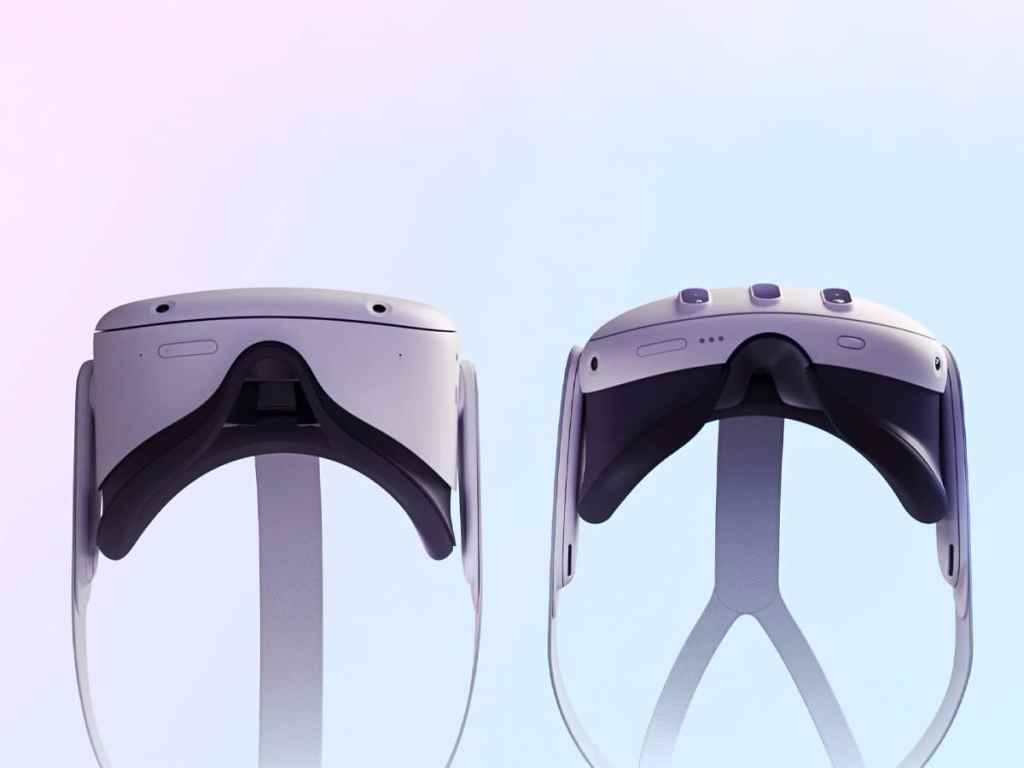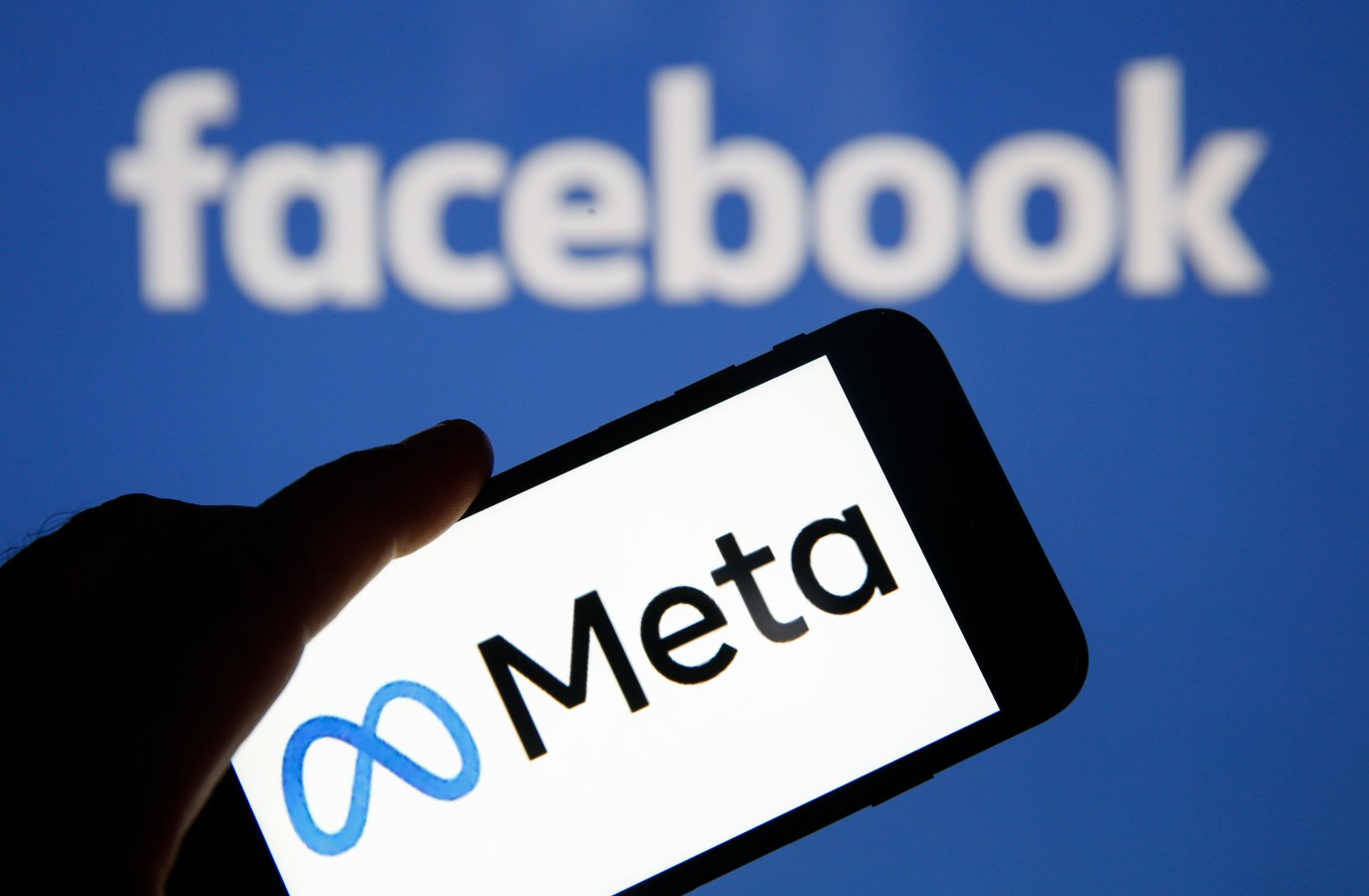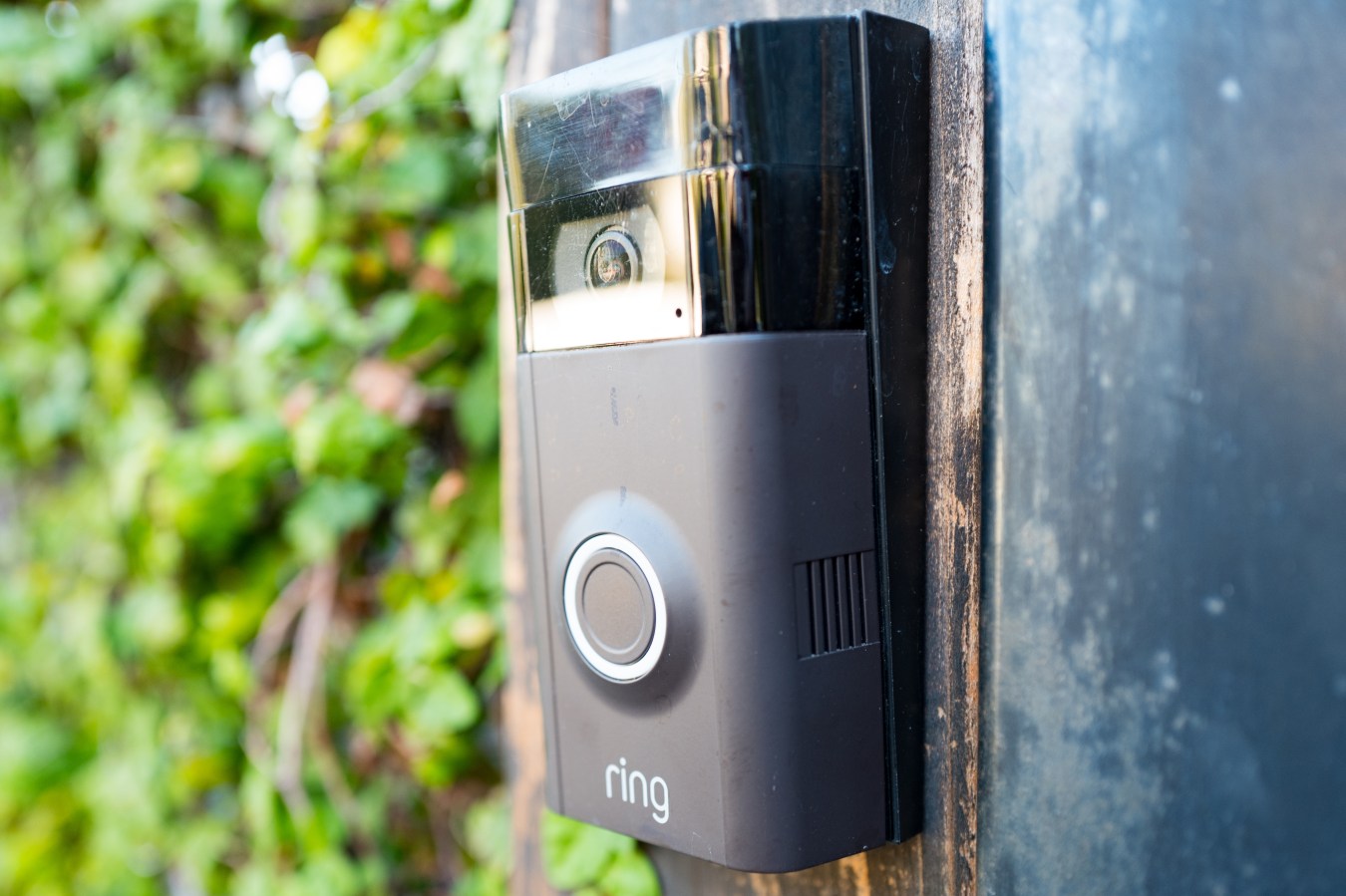Meta CEO Mark Zuckerberg unveiled the company’s next virtual reality headset, the Meta Quest 3, in an Instagram post Thursday, promising higher quality displays and resolution, less than a week before Apple had said it planned to reveal its first foray into the VR industry.

Meta’s Quest 2 headset, which was its last release, came out in 2020.
NurPhoto via Getty Images
Key Facts
The Meta Quest 3 will cost $499 and is scheduled to become available in the fall, with more details coming at a Meta conference on September 27, Zuckerberg wrote in the post.
The new headset will include higher resolution images, and a lighter, thinner build than Meta’s last VR headset, and appears to have three cameras on the front, which could help improve the mixed-reality experience of seeing the real world while wearing the headset, compared with the company’s previous headsets.
The Quest 3 costs $200 more than its predecessor, the Quest 2, did when it was launched in the fall of 2020.
Tangent
In April, Apple told Bloomberg it planned to debut its first mixed-reality headset at its Worldwide Developers Conference on June 5. The company is hoping to step into the virtual reality industry for the first time, following other tech giants like Meta and Microsoft. Apple’s product, known as Reality Pro, is expected to cost around $3,000, Bloomberg reported.
It will use an xrOS operating system, which is based on the iOS system, allowing the headset to use iPad apps and pushing forward Apple’s effort to make iOS apps run seamlessly across all Apple products. The Chinese company Oppo also launched a mixed-reality headset on Wednesday, designed specifically for developers.
Key Background
Formerly known as Facebook, Meta has plunged headfirst into the virtual reality industry, changing its name in 2021 to reflect a shift in focus to building the metaverse, a virtual extension of the physical world that relies on virtual reality and social media. Meta made its first big step into virtual reality in 2014 when it acquired Oculus for $2 billion.
The first Oculus VR headset for consumers was released in 2016 and was priced at $599. Quest 2’s price was raised from $299 to $399 in 2022 due to manufacturing and shipping costs.

Big Number
20 million.
That’s how many Quest headsets Meta had sold as of March, according to a report from The Verge. That number includes sales of Quest 1, Quest 2 and Quest Pro, but the majority of sales have been Quest 2, The Verge reported. Meta reported $13.7 billion in operating losses in 2022 for its virtual reality division, Reality Labs, an even bigger loss than the $10.2 billion it announced in 2021.
This was partly due to a decline in consumer interest in headsets, as global shipments fell by 20% in 2022 compared with the previous year, according to the International Data Corporation. But Meta remained a giant in the industry, making up 80% of all virtual reality headset sales in 2022, per IDC.
This article was first published on forbes.com
Look back on the week that was with hand-picked articles from Australia and around the world. Sign up to the Forbes Australia newsletter here or become a member here.


